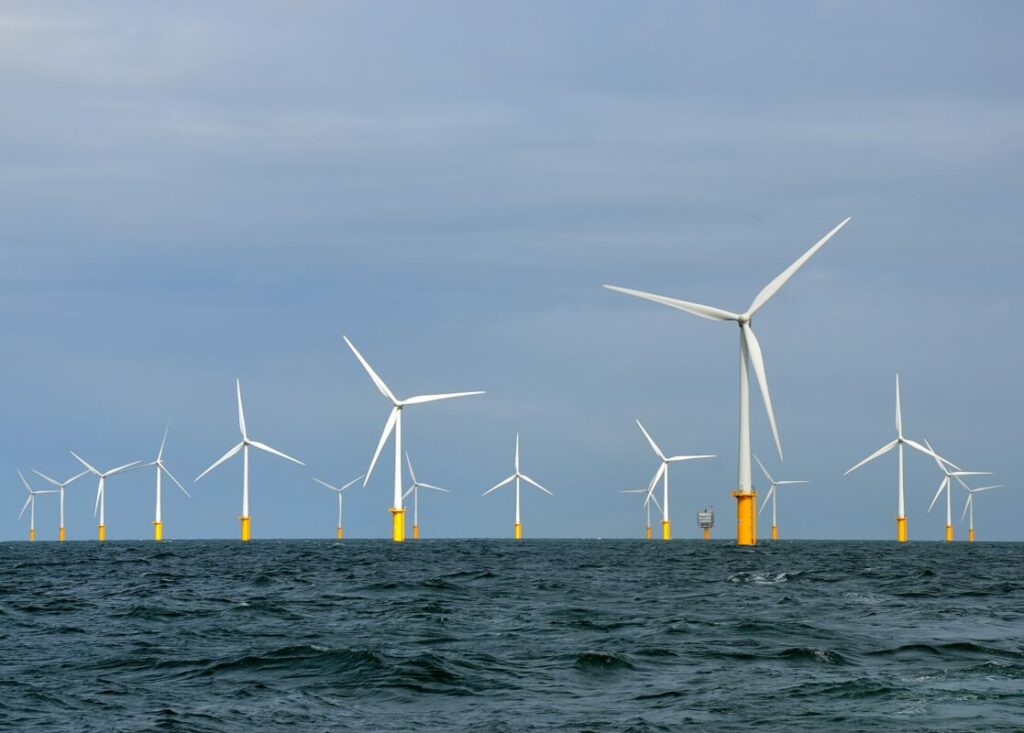The Department for Energy Security and Net Zero (DESNZ) has announced construction for what it claims is the “world’s largest” multi-use electricity power link set to connect the UK and the Netherlands.
The power line is to be constructed by LionLink, and the agreement comes at the start of the North Sea Summit, where ministers from North Sea nations are to pledge to increase wind power capacity by 400% by the end of the decade.
The undersea power cable will provide enough energy to power 1.8 million homes, and is said to be “part of renewed government drive to work with business to help grow the economy”, according to DSENZ.
The cable will be only the second of its type in the world with the first currently connecting Germany and Denmark. The new power link will be able to carry more than four times the amount of electricity as the German-Danish cable, and will also connect to offshore wind farms in the North Sea.
The LionLink cable will carry 1.8GW of electricity, while Germany and Denmark’s Kassø-Frøslev (Kriegers Flag) only carries 0.4GW. The project will be developed by National Grid Ventures and TenneT and is projected to be operational by the early 2030s. It adds to the existing 8.4GW interconnector capacity the UK already has.
New interconnector with the Netherlands will:
— Department for Energy Security and Net Zero (@energygovuk) April 24, 2023
🌎 be the largest of its kind anywhere in the world
🏘️supply 1.8m homes with reliable affordable & clean power
🏗️generate jobs & investment across coastal regions in the UK
But what is an interconnector 👇 pic.twitter.com/13zkU57h5m
Grant Shapps, the UK government minister for DSENZ, is leading a business delegation today to the North Sea Summit in Belgium, where 9 countries are meeting in Ostend. Shapps is also expected to sign an agreement with Denmark at the summit to boost trade in low-carbon energy.
“Today’s historic deal with the Netherlands connects our two countries together through this exciting feat of innovation and engineering,” Shapps said. “I’m proud to have the best of UK energy firms and organisations with me, flying the flag for British business and demonstrating our world-leading expertise in cleaner, cheaper and secure renewable technologies – helping deliver on one of our five priorities to grow the economy.”
Ben Wilson, president National Grid Ventures, welcomed the news, saying the connection would bring the UK “one step closer to realising the enormous green energy potential of the North Sea.”
“We now need the right political, legal and regulatory framework to make it happen and establish a mutually beneficial North Sea grid to deliver a cleaner, fairer, more secure and more affordable energy future for British and European consumers,” Wilson added.
Network operator SSEN recently warned that the growth of the electricity network must match the growth of renewable energy projects and devices being connected to the grid.
Jess Ralston, head of energy at the Energy and Climate Intelligence Unit (ECIU) said: “The North Sea oil and gas basin is in terminal decline, so unless the deployment of renewables as well as electric heat pumps and the basics like home insulation is sped up, we’ll become more dependent on foreign gas imports.”
“Under current government policy, these imports are set to increase, but cooperation like this should bring greater energy resilience and cheaper bills for households. The UK could get on track to being a net energy exporter.”
Rob Jetten, Minister for Climate and Energy of the Netherlands, said the North Sea would become the largest source of green electricity for his country, which makes such grid connections even more vital.
“Close collaboration on offshore wind energy and interconnection amongst the North Sea countries is imperative. So in case there is a surplus of wind generated electricity, it can be shared instantly to locations with a shortage of power, and vice versa,” Jetten said.





